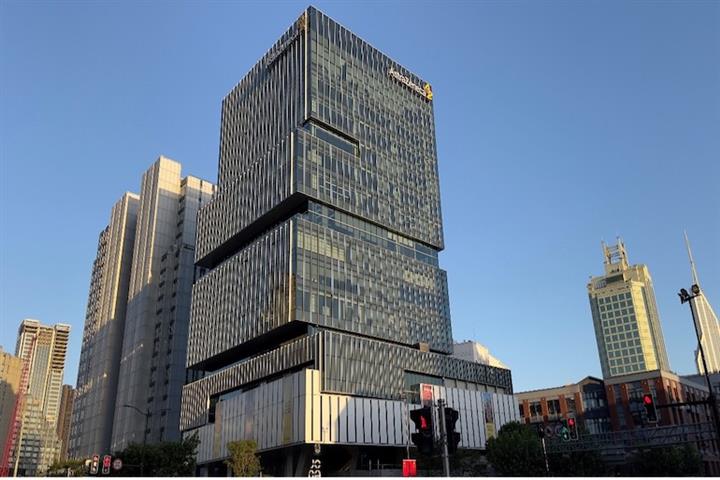 AstraZeneca Makes Shanghai One of Its Global R&D Centers, Helping the City Build World-Class Biopharma Hub
AstraZeneca Makes Shanghai One of Its Global R&D Centers, Helping the City Build World-Class Biopharma Hub(Yicai Global) Oct. 11 -- AstraZeneca has inaugurated its research and development center in Shanghai, further developing its global R&D facility and capabilities in China, the chief executive of the British-Swedish drugmaker said today, in order to advance R&D and clinical trials of new medicines both from China and overseas.
The recent upgrade “introduced state-of-the-art technologies and expanded our R&D team to reflect the center’s increasing importance within our global network,” Pascal Soriot, the firm’s CEO, said in a speech at the opening ceremony of International Biopharma Industry Week Shanghai.
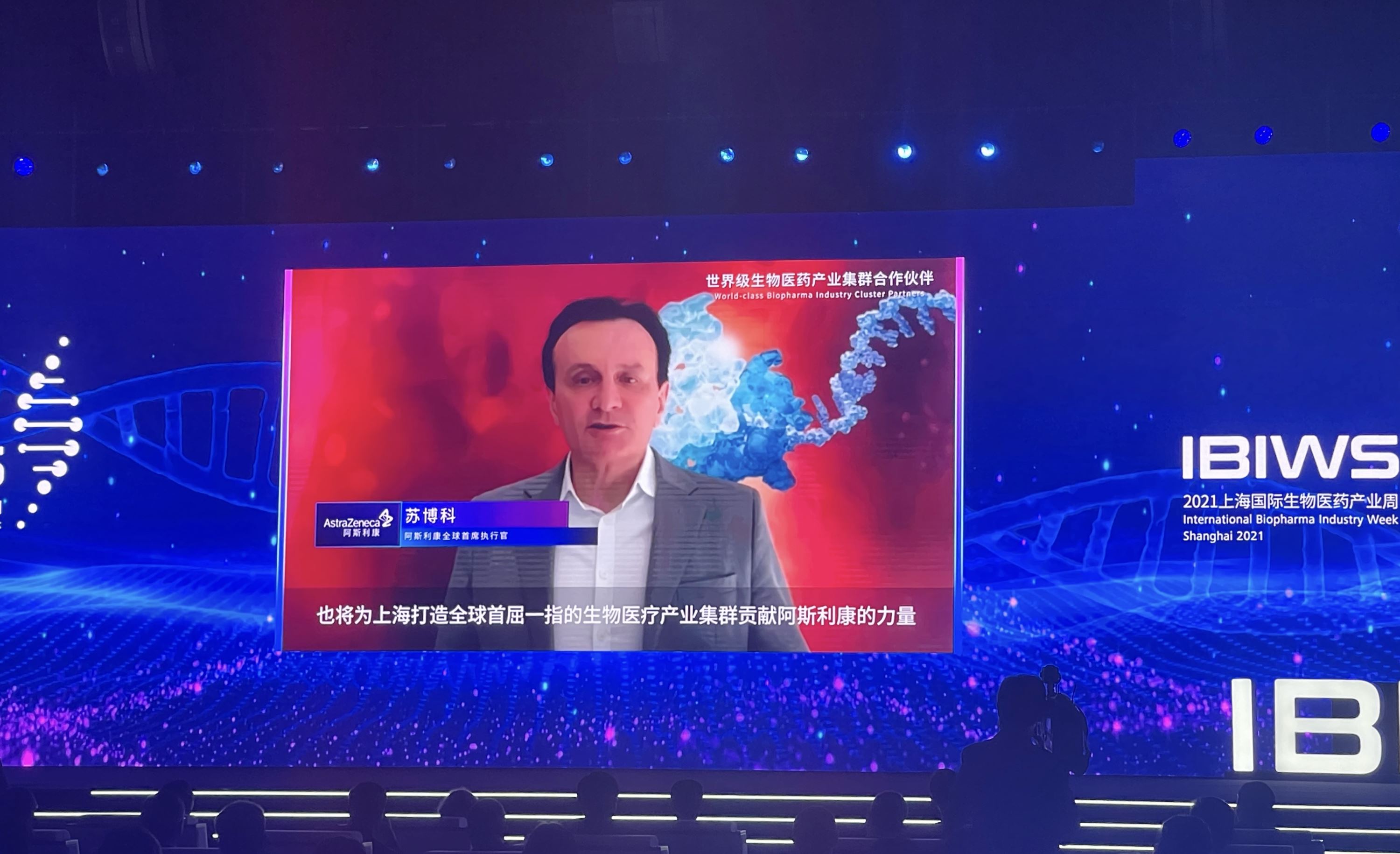
The center brings to China new innovative drugs from around the world and speeds up the development of new ones in the country for export so that patients overseas can also have access to better treatment options. While realizing the simultaneous development process of global new drugs to further solve China's unmet medical needs, the center will further participate and strive to lead the global early development.
The Shanghai government is sparing no efforts to build a world-class biopharma industry cluster in the eastern Chinese metropolis and AstraZeneca is partnering with it to achieve that end.
Soriot said he wanted to “recognise the Shanghai municipal government for its vision and partnership and reiterate how proud we are to be playing our part in ensuring Shanghai is recognized amongst the foremost biopharmaceutical industry clusters worldwide.”
Relying on the regional advantages of Shanghai and the Yangtze River Delta, a high-tech biopharma hub, AstraZeneca will also launch its Shanghai International Life Science Innovation Campus (or iCampus), Medical Healthcare AI Innovation Center, and join hands with AZ-CICC Healthcare Fund to attract Chinese and foreign investors and innovators to put Shanghai at the forefront.
“These developments will lead us to an exciting future,” Soriot said. “We’re ready to promote partnerships to expand the diversity of the R&D ecosystem and contribute to ensuring that Shanghai obtains its rightful place among the foremost biopharmaceutical industry clusters.”
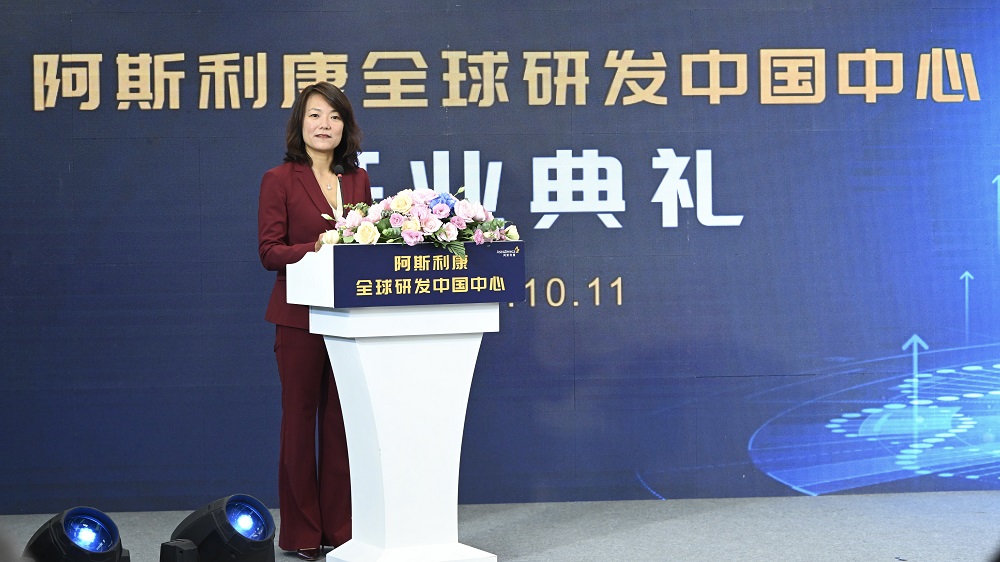
“Indeed, we welcome other like-minded innovators ready to partner on the world’s most pressing health needs, according to Dr He Jing, Senior Vice President of Global Oncology R&D, Head of R&D China, AstraZeneca.
On the same day, AstraZeneca hosted parallel forums on drug R&D innovation to seek and create new partnerships to advance and shape the future of healthcare in China and worldwide. The forum touched on topics such as research-oriented hospitals, the Fourth Yangtze River Delta Innovation Competition, and precision medicine and remote intelligent clinical trial innovation.
Co-Development R&D Partners in China
AstraZeneca entered the Chinese market in 1993, and since then has invested over USD1.5 billion in drug innovation, launching nearly 40 innovative new drugs in the country. Product sales in China soared over five-fold to USD5.4 billion last year from USD1 billion in 2010. China is AstraZeneca’s second-largest market and AstraZeneca is the biggest multinational drugs company operating in China.
It has also developed eight original new drugs in cooperation with partners in China, benefiting patients in the country and overseas. For instance, Roxadustat, the world’s first-approved orally administrated, small molecule hypoxia-inducible factor prolyl hydroxylase inhibitor jointly developed by AstraZeneca and FibroGen, became the first-in-class orally administered HIF-PH inhibitor available, and China becomes the first country to approve roxadustat before any other countries in the world.
Dizal Pharmaceutical, co-established by AstraZeneca and China’s SDIC Fund in 2017, and specialized in drugs for malignant tumors, immune diseases, and kidney diseases, has been given the green light to go public on Shanghai’s Nasdaq-like Star Market.
Open R&D Innovation Exploration
AstraZeneca is also partnering with the government of Shanghai’s Jing’an district to set up an iCampus, an innovation incubator that has supported many domestic and overseas healthcare startups.
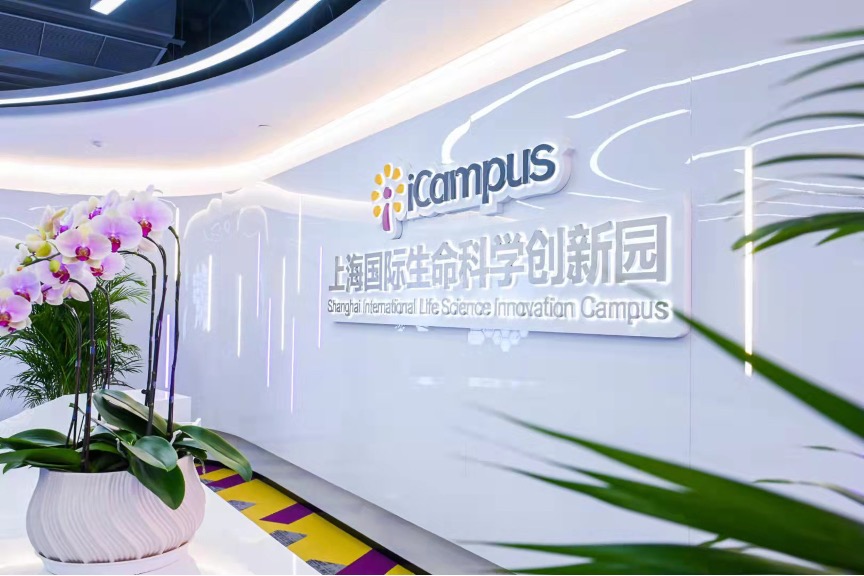
Unlike the iCampus located in the Chinese cities of Wuxi, Beijing, Hangzhou, Chengdu and Guangzhou, the Shanghai facility focuses on medical AI and digital therapies, including the application of AI and digital solutions in drug research and development, disease prevention, diagnosis, treatment, and recovery.
Sharing the same site in Shanghai with the AstraZeneca Global China R&D Center, Medical Healthcare AI Innovation Center, enterprises here can enjoy better business opportunities, financial assistance and professional services to keep up with the industry's development trends and take advantage of policy support for faster incubation of innovative medical solutions.
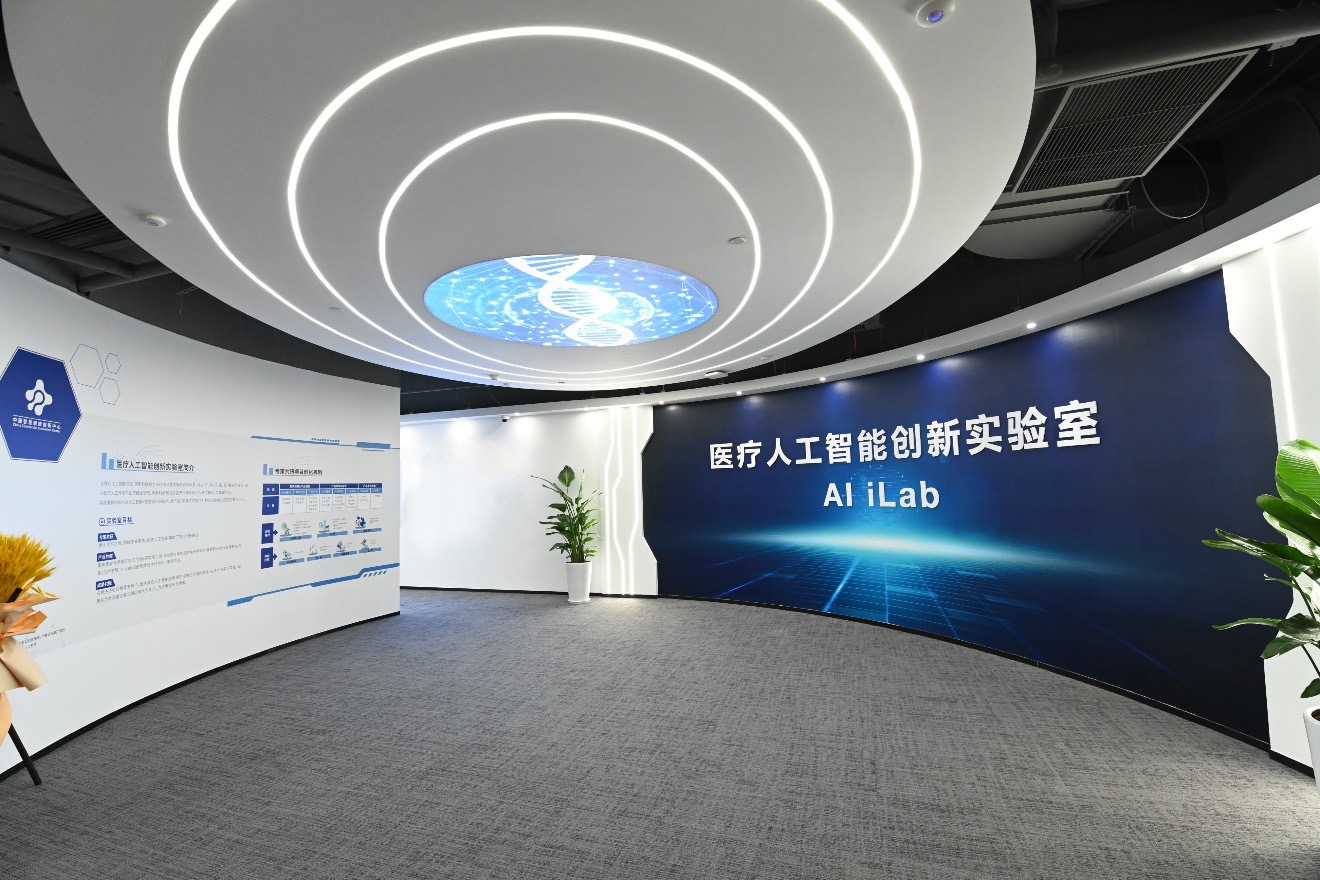
Besides, AstraZeneca has cooperated with the China International Capital Corporation to create a first-of-its-kind Healthcare Industry Fund. Together with the USD100 million iCampus fund, and venture capital partners in the iCampus, the funds are available to these firms for further innovation across China.
Through AstraZeneca's worldwide network and omni-channel commercialization platform, iCampus Shanghai can also provide companies with domestic and overseas markets, product concept validation, cooperation opportunities for commercial innovations, licensing, co-promotion and contracted sales for further global expansion.
During the International Biopharma Industry Week, pharmaceutical companies are also encouraged to participate in the Fourth Yangtze River Delta Innovation Competition to explore innovative solutions in medicine development. Numerous AI tech companies and venture capital firms also joined in the session to explore the key issues and AI application cases in new drug research and development.
Editor: Futura Costaglione